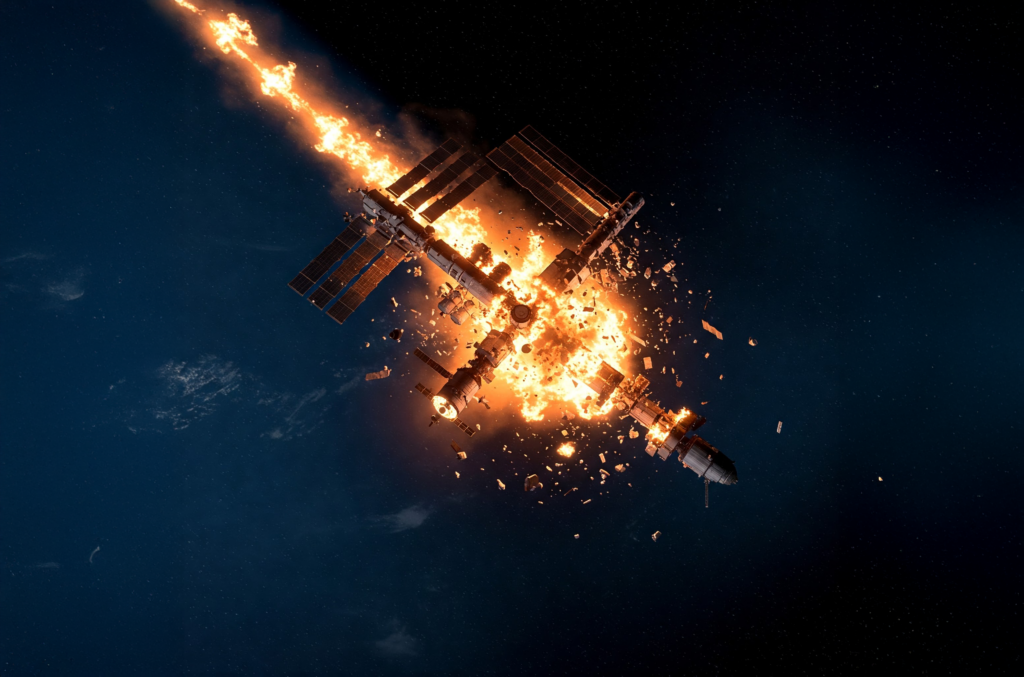
Elon Musk has made it clear; deorbit the International Space Station (ISS) in two years and focus on Mars. This would be before both Russia (2028) and the rest of the ISS partners (2030) plan to end their missions. Current plans would transition to a commercial station or stations after the deorbit.
As with any aging pieces of kit, upkeep becomes more expensive and risky to the point where retirement is the best option. With the first ISS module launched in 1998, the space station is approaching 30 years old. Russia has expressed concern that the condition of the station will become an issue in the near-term future. NASA has also acknowledged that the Space Station’s upkeep is becoming increasingly expensive.
If the ISS is deorbited earlier, there will be savings on upkeep expenses; however, there will also likely be a gap in LEO Space Station-based operations. Elon Musk wants to deorbit the station in 2027 (i.e. two years), Axiom’s station, as an example, will not be ready for operations until 2028 at the earliest. Vast Space might get there sooner with their Haven-1 for launch in 2026; however, this station is merely a stepping stone to the later Haven-2. The issue with this gap is that many in the space community see the experiments in LEO currently conducted on the ISS are essential for the trip to Mars and other exploration efforts.
The international community in general supports the International Space Station. Even Russia, which has had its doubts about the Station and is rather unpopular on the world stage, believes it beneficial to stay on the station to 2028.
Deorbiting the ISS early, while not catastrophic, could create a significant gap in low Earth orbit (LEO) research capabilities. Axiom and Vast are moving ahead with their station designs but Space is hard and delays are common. Maintaining a scientific presence in LEO in the form of a station is something that the many have taken for granted. If the ISS is deorbited early, China will be the only country with a Space station and the West (including Russia) will revert to sending bespoke missions, crewed or otherwise, to perform scientific tasks harking back to the early Space Race.
Carter Palmer has long held a keen interest in military matters and aviation. As a FI's space systems analyst he is responsible for updating the reports and analyses within the Space Systems Forecast – Launch Vehicles & Manned Platforms and Space Systems Forecast – Satellites & Spacecraft products.




